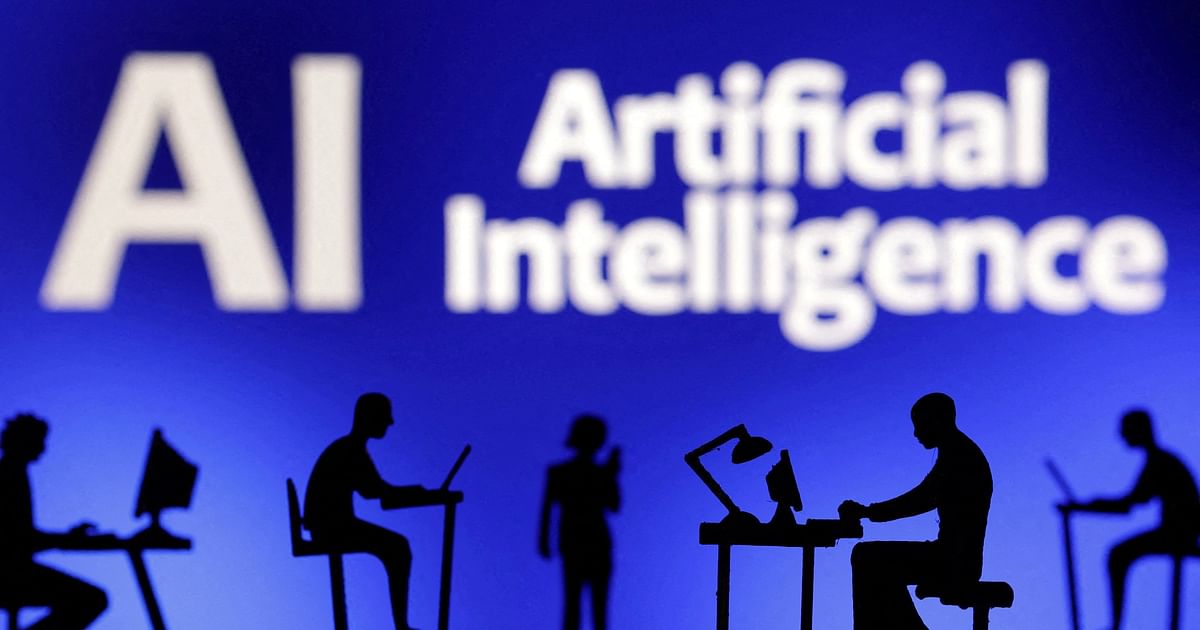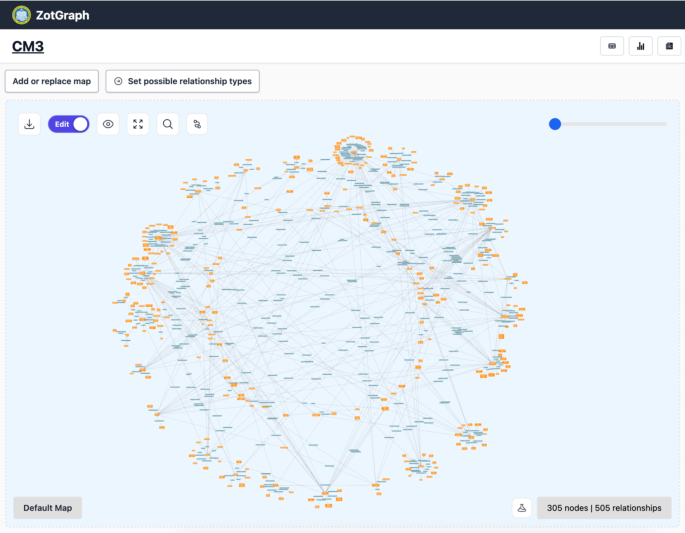
AI isn’t replacing student writing – but it is reshaping it
Professor Jeanne Beatrix Law from Kennesaw State University views artificial intelligence as an opportunity for students to enhance their writing process rather than a threat, contrasting with some colleagues who fear AI's impact on critical thinking and creativity. She highlights that students are using AI tools like ChatGPT not just for cheating, but to engage in deeper cognitive processes, and advocates for frameworks like the Rhetorical Prompting Method to guide students in using AI intentionally and creatively.










